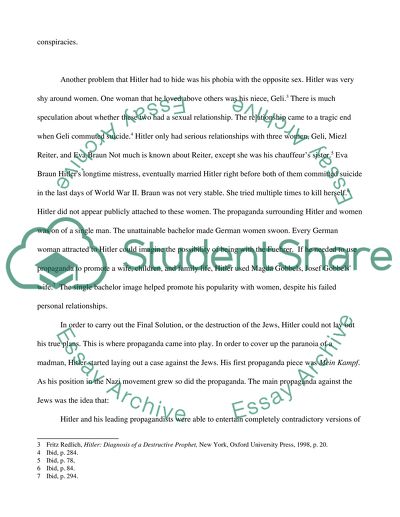Cite this document
(“To what extent was propaganda's importance to the rise of Hitler Essay”, n.d.)
Retrieved from https://studentshare.org/history/1423819-to-what-extent-was-propaganda-s-importance-to-the
Retrieved from https://studentshare.org/history/1423819-to-what-extent-was-propaganda-s-importance-to-the
(To What Extent Was propaganda'S Importance to the Rise of Hitler Essay)
https://studentshare.org/history/1423819-to-what-extent-was-propaganda-s-importance-to-the.
https://studentshare.org/history/1423819-to-what-extent-was-propaganda-s-importance-to-the.
“To What Extent Was propaganda'S Importance to the Rise of Hitler Essay”, n.d. https://studentshare.org/history/1423819-to-what-extent-was-propaganda-s-importance-to-the.


